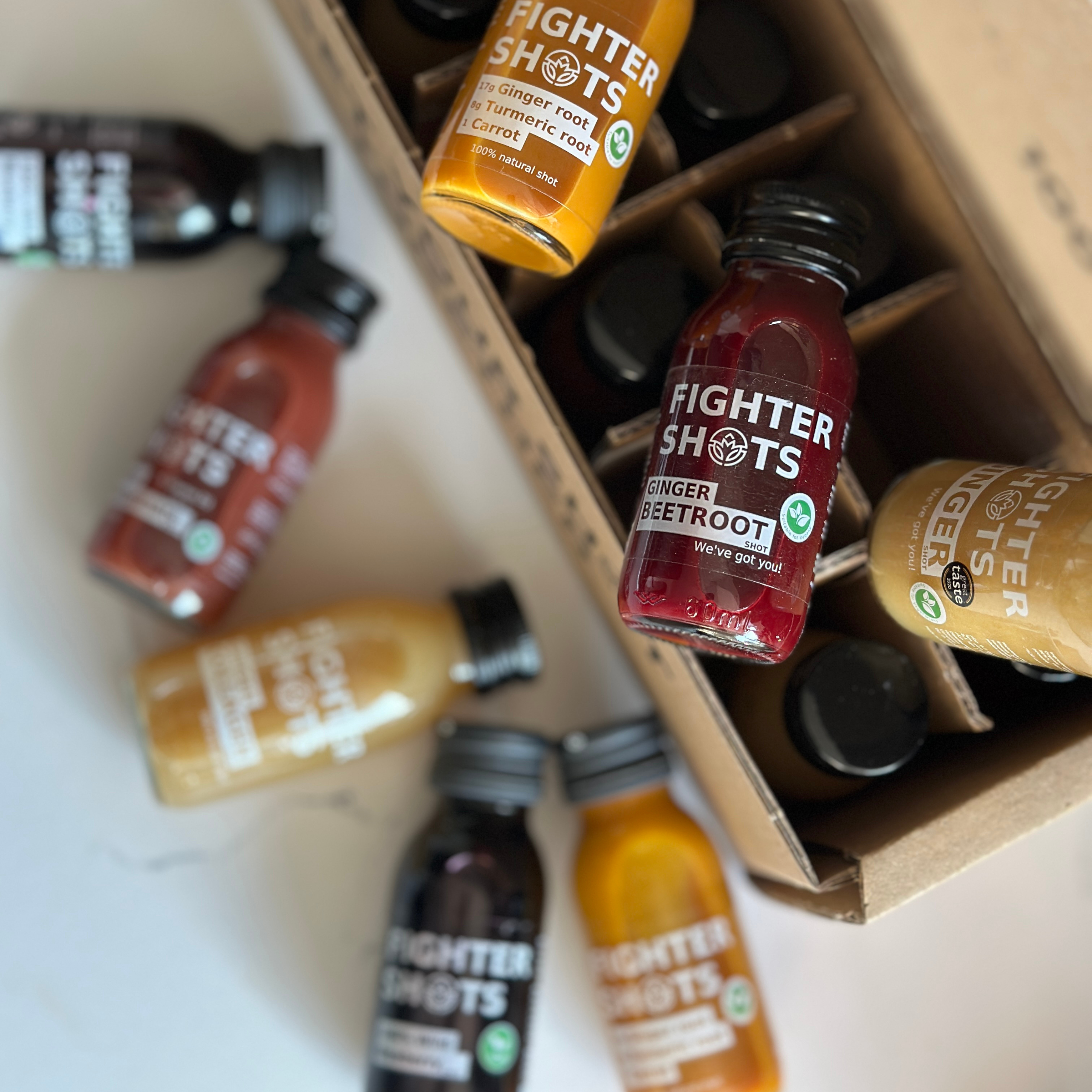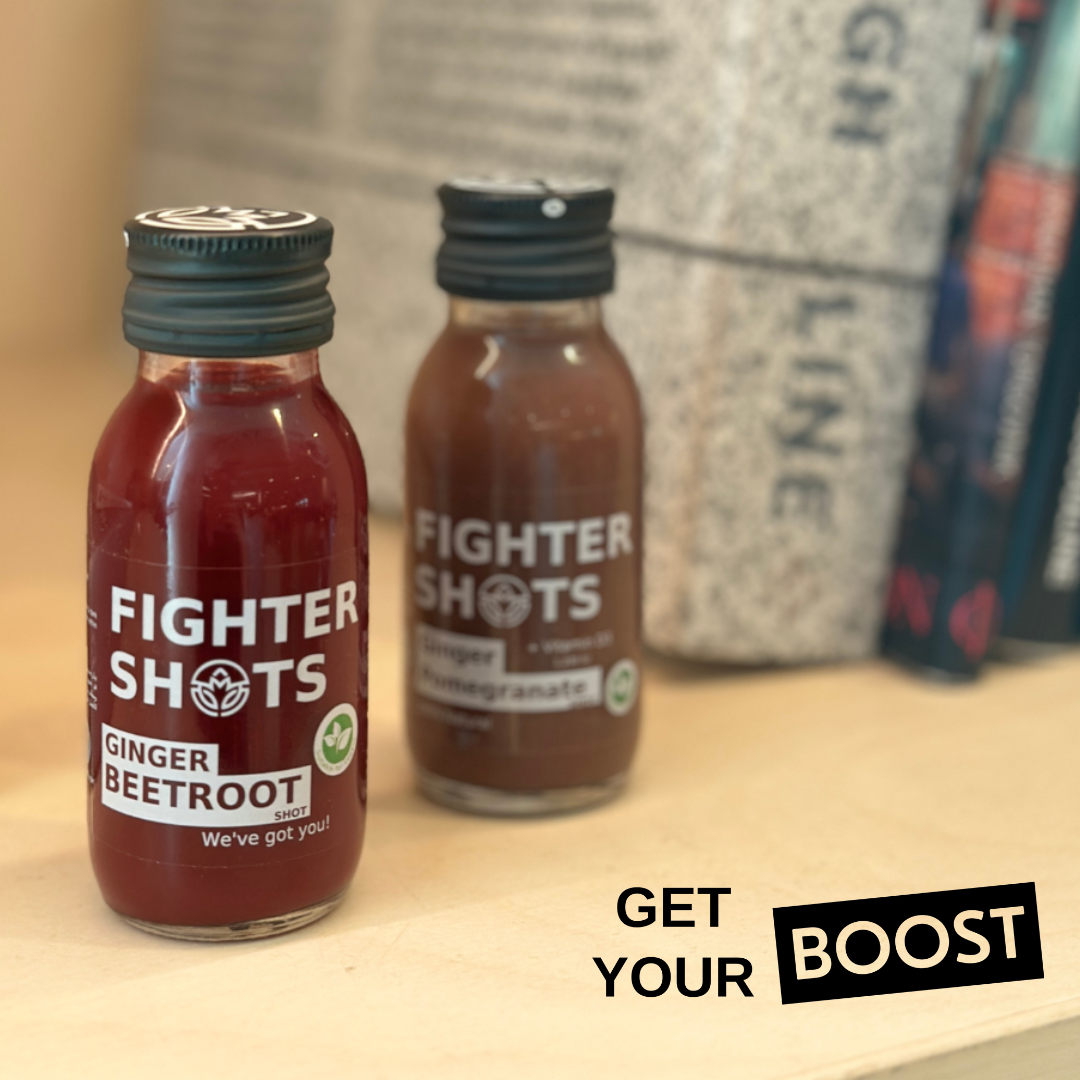UK households squander around 70% of 9.5 million tonnes of food waste every year (Source: The Guardian). While a large portion of climate change responsibility lies with governments and large corporations, there are many ways for consumers to lower emissions in their households through sustainable choices. How can we unite to create a waste-free future, and work together to put climate change at the forefront of our dietary decisions?
Lowering Emissions Through Healthy Choices.
It’s no secret that the food industry has capitalised on convenience in recent years. Many working adults often have little time to cook meals for themselves and opt for the cheaper and less time-consuming options of pre-packaged foods and microwaveable meals. A recent study, carried out by The American Chemical Society, states that US households could potentially lower emissions by 29% by buying less pre-packaged and high calorie count foods (Source: Food Dive). The study indicates that bypassing convenient ‘junk’ foods could have a huge impact on greenhouse gas emissions if many households worldwide opt for organic and plant-based foods with less packaging where they can.

Purchasing ‘Imperfect’ Foods That Would Otherwise Be Thrown Away.
Ever wondered what happens to the wonky fruits and vegetables we never seem to see on our supermarket shelves? They are often disposed of due to imperfections. By purchasing fruits and vegetables through suppliers such as Oddbox, customers can buy perfectly healthy foods that would otherwise be disposed of due to their appearance.
Freezing food for longevity.
How often do you manage to get through a loaf of bread before it goes mouldy? Often, we buy food that we feel like we’ll finish, but for whatever reason we never manage to quite beat the ‘Best Before’ date to it. By freezing foods to ensure their longevity- such as bread, bananas, berries, butter, hard cheeses, pasta sauce, soups, nuts, and flour- it saves the environment as well as your hard-earned money. Food is less likely to be thrown away as it is not exposed to elements that would make it rot or expire, using small portions of it at a time.

Grow Your Own!
Utilise some space in your garden or on your windowsill to grow fruits and vegetables from home. By growing your own fruits and vegetables from home, you can have the same great produce without the potentially harmful packaging. Some of the easiest fruits and vegetables to grow include:
- Tomatoes
- Carrots
- Beetroot
- Onions
- Strawberries
- Blackberries
- Raspberries
Why not try growing some of these this weekend?

Compost Any Unused Fruit and Vegetables for Your Garden.
If you are lucky enough to have access to a compost at home, consider using it to break down your unused foods in a sustainable manner that can feed your garden. Emptied tea bags, uncooked fruit and vegetable peelings, and cardboard packaging, can all be used to create an excellent compost to fertilise growing plants. This is a great alternative to throwing away your fruit and vegetable peels and instead giving them back to your garden.
Go Plastic-Free Where Possible.
Food packaging largely contributes to our waste, as much of it is non-recyclable. According to a study by Which? In 2019, only 52% of supermarket packaging is recyclable. This is a huge problem that companies must fix to commit to lowering emissions within their production lines. If consumers can boycott non-recyclable packaging, this may encourage companies to rethink their unsustainable branding strategies.
Fighter Shots has committed to the plastic-free movement through using recyclable and sustainable premium glass bottles for their shots, and we consistently encourage other businesses to ditch the plastic via our social media.
Cutting down food waste isn’t easy in a world designed for cheap convenience, but every consumer has the power to make a small change. We hope that food and drink companies will notice the urgent need for sustainable responses to food waste and unite with consumers to create an even more environmentally conscious industry.
If you use any of our tips, let us know on social media! You can tweet us or get in touch with us via Instagram- @fightershots.














